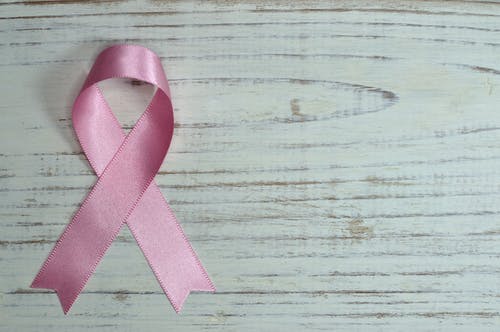A cancer diagnosis can be extremely frightening. In the days, weeks, and months after your diagnosis, you may find yourself inundated with advice and opinions from every corner. Doctors, family members and friends will have a lot to say about the diagnosis and treatment plan. Whose opinion do you trust?
Fellow cancer survivors may be your best resource. If anyone knows what you are about to go through, it’s someone who has faced a similar fight. Here are some perspectives on your battle with cancer from other survivors.
The new normal is real
Cancer patients and survivors often talk about confronting “the new normal.” This topic comes up so often, in fact, that it almost starts to sound like a cliche.
But many cancer survivors say it’s important to accept that life has changed. The new normal is, in fact, the new normal. And accepting that things have changed is important.
“I wanted my life to be the exact same the minute that the last chemo was finished roaming my body. I wanted to have the same thoughts and feelings I did pre-cancer. No matter how hard any of us try, that is just not possible,” said survivor Dana Stewart writing for CureToday.com. “That person is gone, and you have to mourn them. You have to mourn your old life and the person you were. I say all this as a positive, not trying to make anyone feel sad or bad about it.”
But this “new normal” may not be a dramatic change. Different, sure, but perhaps not dramatically so.
“A cancer diagnosis is not necessarily the death sentence, as I assumed it was,” said author Kevin Hamill. “After I found out I had cancer my immediate reaction was my life was going to be permanently affected. That has been the opposite of what has happened. I lead a different life than I would have had I never been diagnosed. However, aside from the treatments and doctor visits, I live a pretty normal life.”
Treatment Is More Than Just Doctor Visits
Whether it’s chemo, radiation, surgery or some combination of those three, treatment for your cancer may be intense. But it doesn’t stop there. Your treatment includes important self-care. Many survivors recommend maintaining a regimen of exercise, however light it may be.
“Even if you can’t keep your regular weight-lifting and running schedule, there’s always something you can do even if it’s a few stretches, walking, dancing or some physical-therapy moves,” said breast cancer survivor Mary Dunklin via the Chicago Tribune. “This movement will get the feel-good chemicals flowing and remind you that you still have a body that wants (and needs) to move.”
This self-care isn’t limited to just exercise or physical activity. It can also include trying something new that you’ve always wanted to do or falling back on an old favorite activity.
Support Is Crucial
Cancer is an intensely personal illness. There are many aspects of both the disease and the treatment that can be almost entirely invisible. As such, it can be tempting to keep every part of the journey to yourself. Fight that temptation. Survivor Nicola Sellars said if you open yourself up to support you may find that a friend is just what you need.
“My first round of chemotherapy wasn’t as bad as I thought it would be, likely because I had a friend with me,” she said. “As well as leaning on her for support, that day in the hospital gave us much needed time to catch up. As each chemo session I went through got more and more draining, the first few days after treatment I needed someone to look after me, popping out for essentials or just being there when I was feeling rough.”
Your Cancer Journey Is About You
Crucial though support may be, your battle with cancer should ultimately be defined on your terms. You’re the one in the fight, so you should be calling the shots.
Cancer survivors advise that this is important to remember when people say insensitve things (and they will!) about your treatment, your symptoms, or anything related to your battle with cancer. Survivor Susan Ferrara says standing your ground in those situations is important.
“It’s about you,” Ferrara writes. “So if you can, tell them what you’re thinking and feeling. They’ll be aghast, they’ll be hurt, they might even feel foolish and realize their mistake. And that’s good and honest.”
Your personal journey with cancer may also affect relationships with close family members. Working through your personal feelings with them in a straightforward way can be a help on both sides according to cancer survivor Jessica Grono.
“I thought it would be harder than it was to have my children be part of the process. My daughter was 9 at the time, and I found that being honest and open helped everyone,” Grono wrote. “I promised her I would be honest and keep her in the loop. Yes, we had our emotional moments, and things were hard, but we did it.”
Have you survived cancer? What would you want someone with a new diagnosis to know?

